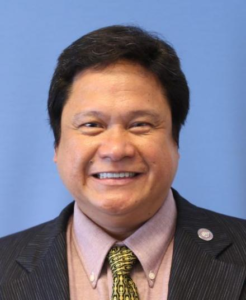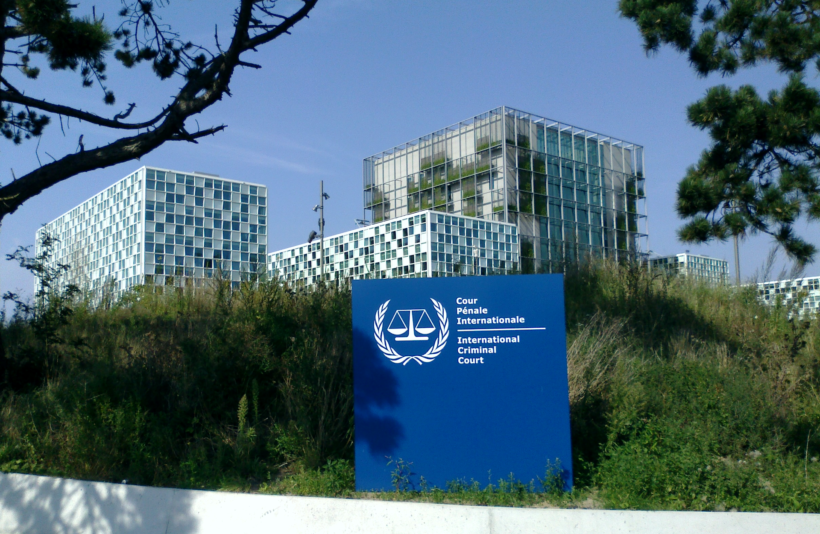by Perfecto Caparas
HEEDING victims’ clamor for justice, the International Criminal Court begins its preliminary investigation into thousands of cases of crimes against humanity allegedly orchestrated by Philippine President Rodrigo Duterte pursuant to his state policy to wage a so-called “war on drugs”.
In its 41-page redacted decision dated 15 September 2021, the 3-member ICC Pre-Trial Chamber I “authorizes the commencement of the investigation into the Situation in the Philippines, in relation to crimes within the jurisdiction of the Court allegedly committed on the territory of the Philippines between 1 November 2011 and 16 March 2019 in the context of the so-called ‘war on drugs campaign’.
The court empowered ICC Chief Prosecutor Karim Khan to probe the murder of 12,000-30,000 civilians, based on estimates by the ICC Office of the Prosecutor (OTP). The 12,000-30,000 figure spanned the period between at least 1 July 2016, after Duterte assumed the presidency, until 16 March 2019, the last day when the Rome Statute of the ICC remained in force in the country.
However, Khan’s scope of investigation covers the period when the Rome Statute of the ICC came into force in the Philippines on 1 November 2011. Duterte was Davao City’s vice mayor at that time. He subsequently held the post as mayor of Davao City on 30 June 2013 until his swearing-in as the 16th president on 30 June 2016.
Based on evidence he gathers during the investigation, Khan may request the chamber to issue court summonses to appear or warrants of arrest against Duterte and top officials involved in the targeted killing of civilians for them to shed light on the investigation.
ICC judges
Judge Péter Kovács, Presiding Judge, Judge Reine Adélaïde Sophie Alapini-Gansou, and Judge María del Socorro Flores Liera signed the decision authorizing Khan to investigate the situation. Once they determine that there are reasonable grounds to believe that he committed crimes against humanity, ICC judges may order Duterte’s arrest if he obstructs or endangers the ICC investigation. The judges may also issue a warrant for Duterte’s arrest to prevent him from further committing crimes against humanity.
The trial against Duterte may only proceed if evidence warrants it. This will be determined during the conduct of a confirmation of charges hearing by Pre-Trial Chamber I. This, however, will only happen once Duterte shows up before the ICC, either voluntarily or after being arrested and surrendered to the court in The Hague.
Duterte withdrew from the Rome Statute of the ICC after former ICC Chief Prosecutor Fatou Bensouda announced that she was conducting a preliminary examination into the so-called “drug war” killings. An archipelago, the Philippines hosts a 109-million population based on the 2020 census.
Since then, Duterte has repeatedly condemned the ICC and vowed never to cooperate with its investigation.
On 24 May 2021, Bensouda requested the chamber for authority to conduct a preliminary investigation into the killings after finding reasonable factual basis that crimes against humanity of murder, torture, and other inhumane acts were being carried out by Philippine security forces allegedly on Duterte’s orders.
 About Perfecto Caparas. Writes a column for Pinoy Publiko. He served as a journalist of Ang Pahayagang Malaya, The Manila Times, The Philippine Post, Pinoy Gazette, UCANews and ISYU Newsmagazine. He is a licensed attorney and lifetime member of the Integrated Bar of the Philippines.
About Perfecto Caparas. Writes a column for Pinoy Publiko. He served as a journalist of Ang Pahayagang Malaya, The Manila Times, The Philippine Post, Pinoy Gazette, UCANews and ISYU Newsmagazine. He is a licensed attorney and lifetime member of the Integrated Bar of the Philippines.










